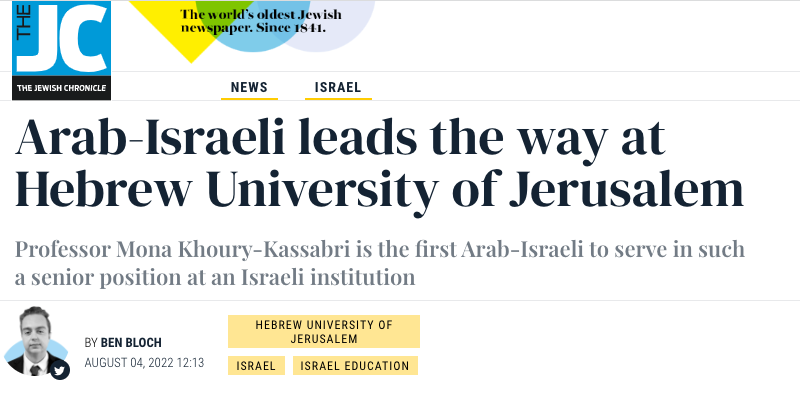
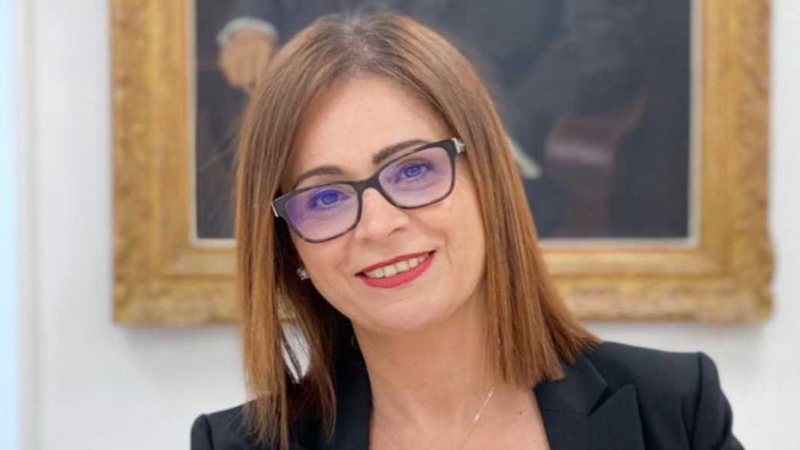
She is the first Arab-Israeli to serve as a vice-president at Hebrew University — and self-described “optimist” Professor Mona Khoury-Kassabri sees hope for the future in the diverse community on the Jerusalem campus.
In an interview, she told the JC: “I don’t want students just to come and live near each other, I want them to know each other. We have the opportunity to bring people from different places that haven’t met in the past to meet together and to try to show the other that there is another person on the other end.”
Prof Khoury-Kassabri is the university’s first Vice President for Strategy and Inclusion at an Israeli university, and the first Arab appointed to such a senior role.
She said: “I’m a very optimistic person. I think the solution is peace, and people should find a way to do that. I believe that both the states of Palestine and Israel, people living together, near each other, with each other, is the solution.”
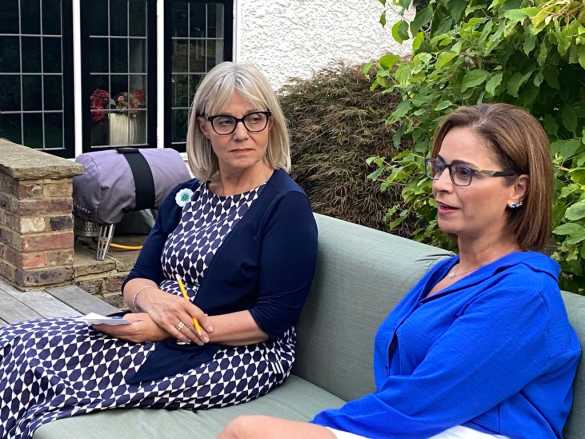
Born and raised in Haifa, she left to study in Jerusalem when she was 19, despite opposition from her parents. She was awarded a PhD at 28, and made a professor at 39. This came despite the obstacles Arabs have faced in Israeli society. When she was a student, less than 10 per cent of the student body was Arab, and Hebrew was the only language used. Arab and Jewish students did not mix in classrooms or halls.
Arabs now make up 17 per cent of the student body, although Khoury-Kassabri wants many more, and courses have been built to encourage language exchange, interfaith mixing, and working together in classes. Many of these initiatives are student-led. Diversity ambassadors are being recruited from across the communities: Muslims, Christians, ultra-Orthodox, secular, Ethiopian students, immigrants from the former Soviet Union, students with disabilities.
Prof Khoury-Kassabri is tasked with broadening the ranks of the university’s academic staff and student body with members from under-represented communities, and building a more inclusive environment. She does not believe that Israel is an apartheid state, and nor does she think it is practising ethnic cleansing. But she is equally clear that racism and discrimination exists within Israeli society.
“It was very difficult for my children to study at a Jewish school as an Arab,” she said on a recent visit to the UK. “Haifa is a totally different city to Jerusalem. The relationship between Jews and Arabs was more open, more accepting. When I came to Jerusalem I was shocked by the segregation between the populations.”
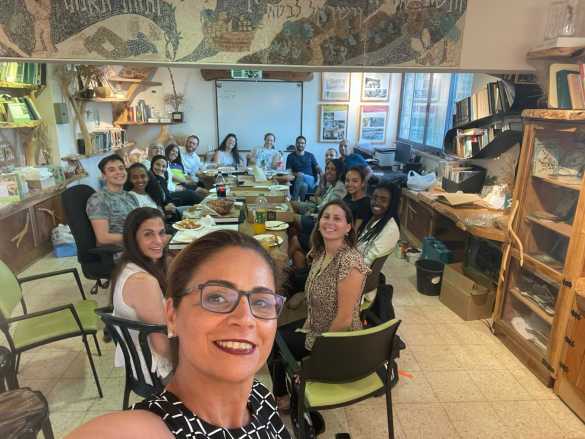
The violence in mixed cities across Israel during the Israel-Hamas war in May 2021 was “shocking”, she said. “One of the important things we are trying to do is to not be those mixed cities. When we have different students from different populations, we can’t say we are a mixed institution. We are a diverse institution. We are trying to be more and more diverse and have more students from different populations.
“But I don’t want them just to come and live near each other, I want them to know each other. And this is an opportunity to bring people from different places that haven’t met in the past, to meet together and to try to show the other that there is another person on the other end.”
Looking back, she recalled: “When I was a student, we didn’t get any days off on our holidays, Christians or Muslims. We didn’t even think of asking for a day off for holidays like Christmas or Ramadan. Now, with three days of holidays, students ask for more.”
Hebrew University has been the scene of physical clashes between Jewish and Arab students over political issues. Khoury-Kassabri said: “We want students to practise their democratic rights. But at the end of that they go to classes and learn together. And this is something that you don’t see in Israeli society. When you look at what happens outside the university, it’s totally different.”
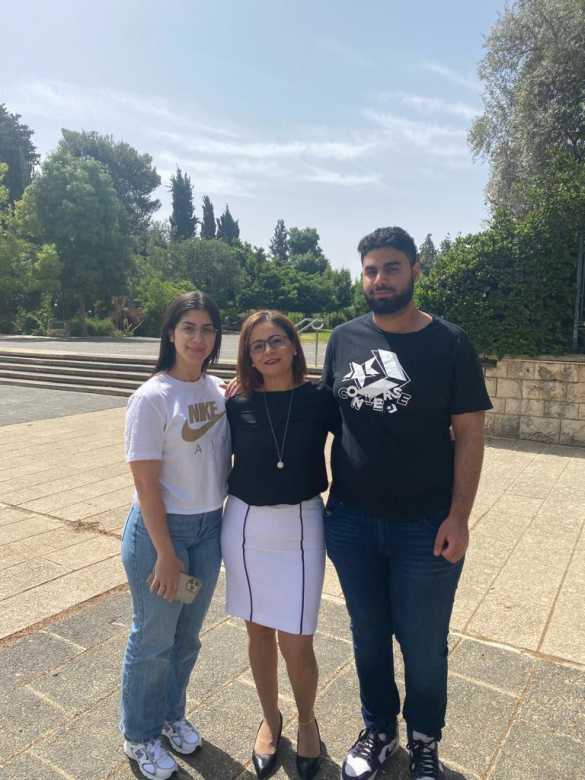
Prof Khoury-Kassabri previously served as Dean of the School of Social Work and Social Welfare, and Adviser for Minority Affairs to the University President. On her recent trip, she visited institutions in Europe and the UK, and the reaction from fellow academics in the UK was not always warm: “I came to talk about diversity in Israeli universities, which I found complicated here.”
She’s happy to discuss the issues people raise but tells them: “I’m not the representative of the Israeli government, I’m representing the Hebrew University of Jerusalem.”
She is against academic boycotts: “I can understand it but I don’t support it because it affects us. I question whether this is the best way to do it because if you boycott academia, it’s actually one of the only left-wing voices against what is going on in the country.
“So, if you want us to shut our mouths, who will talk about what’s going on?”